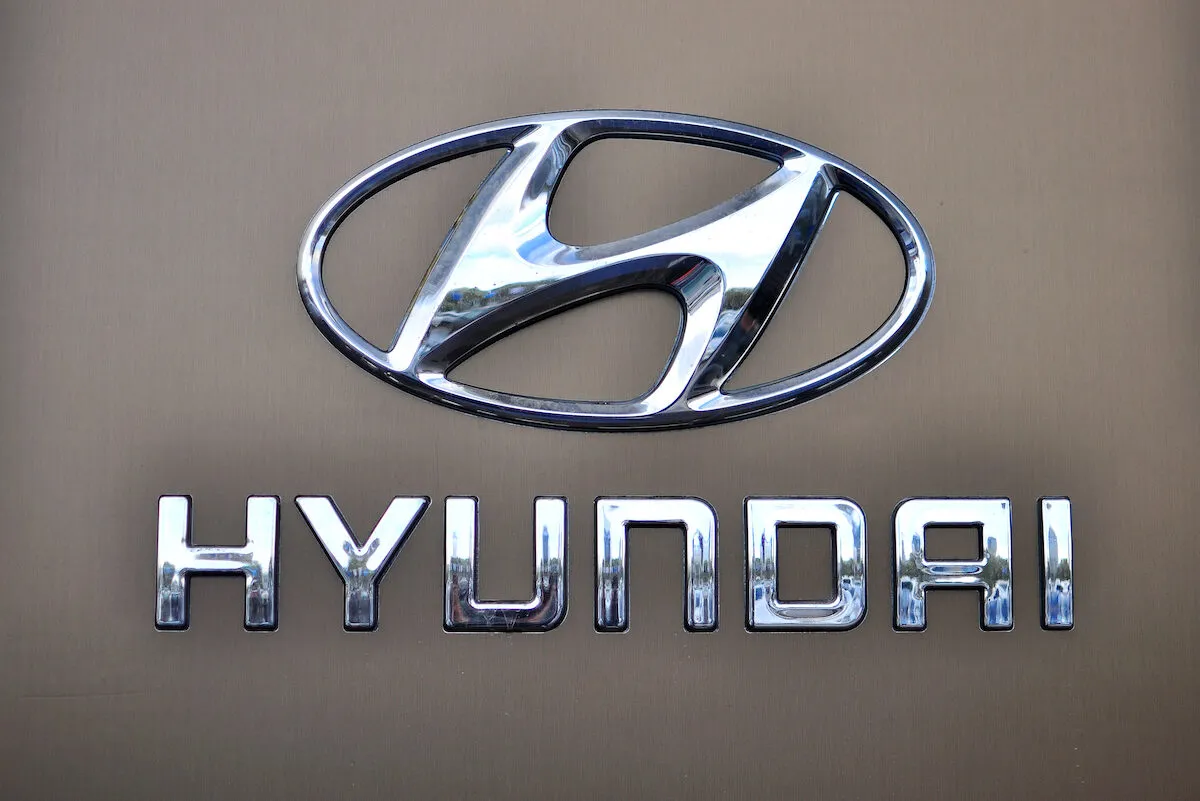
Update:
- A judge dismissed a class action lawsuit filed by a group of vehicle owners against Hyundai Motor Co. in a California federal court.
- The class action lawsuit claimed a number of Hyundai and Kia model vehicles contained an engine defect that caused them to use an excessive amount of oil.
- The vehicle owners argued the alleged defect, in addition to costing them money for the excess oil, caused the vehicles to stall and eventually fail.
- Court approval of the dismissal was not required as the class had not been certified nor proposed to be certified for purposes of a settlement, according to court documents.
Hyundai excessive oil consumption class action lawsuit overview:
- Who: A group of Hyundai and Kia vehicle owners are suing Hyundai Motor Co.
- Why: The drivers allege numerous models of Hyundai and Kia vehicles are equipped with defective engines that use excessive amounts of oil, stall and eventually fail.
- Where: The lawsuit was filed in a California federal court.
(April 20, 2022)
Hyundai makes numerous models of Hyundai and Kia brand vehicles with defective engines that use excessive amounts of oil, costing their owners huge sums of money, a new class action lawsuit alleges.
On Apr. 12, eight owners of Hyundai and Kia brand vehicles filed a class action lawsuit against Hyundai Motor Co. in a California federal court, alleging violations of federal warranty laws.
The Hyundai excessive oil consumption lawsuit alleges that numerous models of the automaker’s vehicles are equipped with defective Nu, Gamma, Theta, Lambda and Kappa engines.
The defective engines allegedly use excessive amounts of oil, stall and eventually fail. The drivers say Hyundai should have issued a recall for the vehicles a long time ago but hasn’t.
As a result, thousands of Hyundai and Kia owners and lessees have allegedly been forced to constantly check the oil levels, and oil must be added to the engines more frequently than even the owner’s manuals recommend, Car Complaints reports.
The engine issue has flow-on effects like reduction in engine lubrication due to crankshaft submersion and gaskets and seals damage, which leads to oil leaks.
The plaintiffs also claim that oil in their vehicles migrates to places where it shouldn’t be, damaging the combustion and exhaust systems.
This allegedly causes “abnormal wear of engine parts, oversaturation of carbon and deposits of oil sludge, ultimately requiring a costly engine rebuild or replacement.”
Automaker should honor warranty claims outside terms, Hyundai class action says
The plaintiffs allege that Hyundai should honor customers’ warranty claims even when the warranties have expired.
According to the lawsuit, Hyundai can’t adequately repair the oil consumption problems and doesn’t offer any reimbursement for out-of-pocket costs caused by the issue.
The class action states customers must suffer through long wait times for replacement parts, “and in most cases do not receive required engine replacements.”
The cars with the allegedly faulty engines include the 2012-2020 Hyundai Elantra, 2009-2018 Hyundai Genesis Coupe, 2019-2021 Hyundai Kona, 2020-2021 Hyundai Palisade, 2010-2012 and 2015-2021 Hyundai Santa Fe, 2009-2010 and 2015-2021 Hyundai Sonata, 2011–2021 Hyundai Sonata Hybrid, 2010-2013 and 2015-2021 Hyundai Tucson, 2011-2021 Hyundai Veloster, 2020-2021 Hyundai Venue, 2010-2021 Kia Forte, 2017-2020 Kia Niro, 2011-2020 Kia Optima and Optima Hybrid, 2012-2021 Kia Rio, 2011-2020 Kia Sorento, 2012-2021 Kia Soul, 2011-2020 Kia Sportage, 2018-2021 Kia Stinger and 2022 Kia K5.
Meanwhile, Hyundai has expanded its recall of vehicles with an exploding seat belt part issue that has caused multiple injuries to include 6,240 of its 2021-2022 Elantra and 2020 Accent vehicles.
The plaintiffs are represented by Nye, Stirling, Hale & Miller LLP, Sauder Schelkopf LLC and Walsh, PLLC.
The Hyundai Oil Consumption Lawsuit is Cho, et al., v. Hyundai Motor Company, LTD., et al. in the U.S. District Court for the Central District of California.
Are you one of the drivers affected by an allegedly faulty Hyundai engine? Let us know in the comments!
Don’t Miss Out!
Check out our list of Class Action Lawsuits and Class Action Settlements you may qualify to join!
Read About More Class Action Lawsuits & Class Action Settlements:


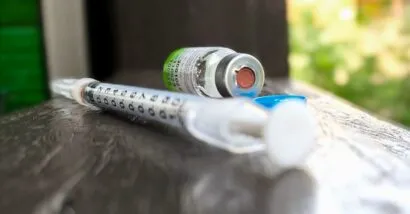

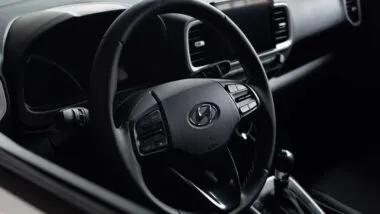

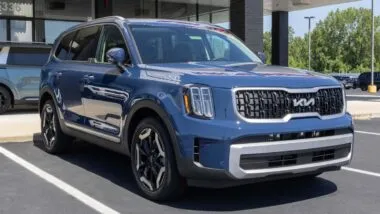
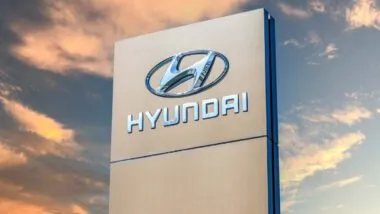
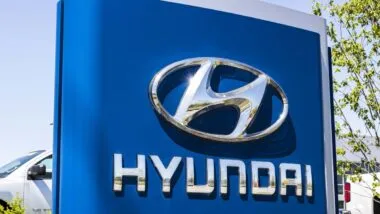




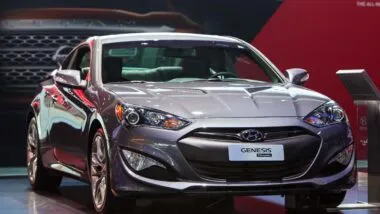
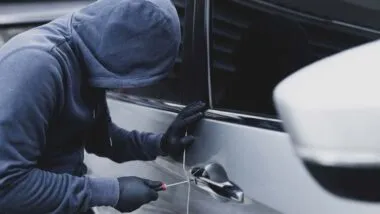
3,221 thoughts onHyundai class action over excessive oil consumption dismissed
How do I add myself to this class action lawsuit list
We have a 2016 Sonata that consumes oil that matches this category. We constantly have to add oil between oils change intervals. It’s too much.
I have a 2017 hyundai sonata that burns on average 2 to 3 quarts between gas fill ups. This has been doing this for years.
My son’s CPO “15” Sonata loses 2.5 quarts every 1000 miles, but let’s no mention the electrical problems also like tail/brake lights no longer working all while car has 105,000 miles now please add us!
I have to check my oil in my 2019 Hyundai Tuscon every week. And have to add 1 to 1 1/2 quarts in week or little over a week. Had a consumption test done and was told this is normal. They would t do anything about it. Please add me to the class action lawsuit
I have a 2017 Hyundai Tucson and have to add a quart every week. Had the Catalytic Converter replaced because it was clogged 64,269 Miles on the car heard that excessive oil consumption can lead to clogged Catalytic Converter. Hyundai says this normal please add me to the list
My 2014 Hyundai Accent has had similar issues starting around 105,000 miles, also burning oil where I have to check my olive levels every week. It is also burning excessive oil. I also had to change my Catalytic Converter, also an O2 sensor. I’m not happy about this. None of this was on record when I bought this car. I’ve almost ran my car out of oil, I checked it before to many issues, thankfully, but my low oil light never came on. So you have to continually check your oil.
I have a Hyundai Elantra 2016 and put oil in every two weeks. Trying to get it fixed. Not much luck
Please add me in.
Please add me. I put in oil every two weeks and I don’t drive that much 40 I’m a day.
I have a 2018 Sonata and burns about 1qt every 500 miles. Please add me to this or let me know my options. Thank You
My 2015 Hyundai Sonata engine eventually failed due to oil that had migrated to places it should not have and caused a build up within the engine. I’d like to learn more about how to be added to this class action lawsuit.
I have a 2019 Sonata. I need to put a quart in every 500 miles. I drive on average 1000 miles a week. Hyundia approved oil consumption and engine clean out at 120,000 miles. After 4000 miles the oil conniption began again. Was told that it was going to be submitted for new engine. Now at 162,000 miles all being denied. Was told several times just to let my engine seize.